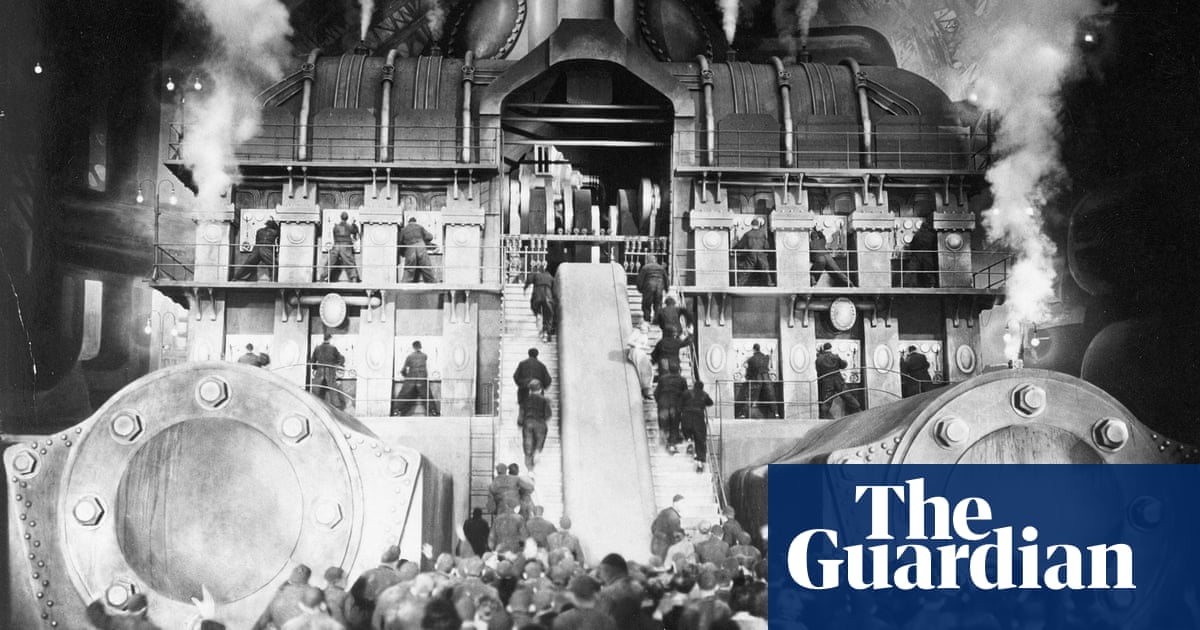
Russia, President Barack Obama taunted in 2014, was a “regional power”: a country capable of making mischief in its neighborhood, but not of projecting global influence. It wouldn’t be surprising if in the last two weeks, Russian President Vladimir Putin has chuckled at the memory of that jibe.
Russian mercenaries now occupy positions in Syria held just days ago by US forces — a symbol of the collapse of America’s position in the region and Moscow’s ascendance as the key power broker in the Syrian civil war.
Russia now possesses greater influence in the Middle East than at any time since the height of Soviet power in the 1960s. Not bad for a country that has an economy the size of a middling European power.
It’s hard to remember that only a few years ago, Moscow’s sole ally in the region - Bashar al-Assad’s Syrian regime – was tottering; it looked like Moscow was about to get pushed out of the region altogether. When Putin intervened militarily in Syria in 2015, Obama predicted that Russian forces would soon get stuck in a quagmire. It hasn’t turned out that way.
Moscow, in partnership with Iran and its proxies, has made itself the centerpiece of the diplomacy and regional power struggles surrounding that conflict. To what other capital would both Prime Minister Benjamin Netanyahu of Israel and Qassem Soleimani, the commander of Iran’s Quds Force, trek to discuss Middle Eastern security?
The Kremlin also enjoys growing military and political ties with countries throughout the region in addition to the UAE, including US partners such as Saudi Arabia and Egypt. Turkey’s recent purchase of Russian military hardware — the advanced S-400 air-defense system — is threatening to fracture NATO. Moscow has even entered the fray in the Libyan civil war, by supporting the forces of General Khalifa Haftar.
Putin has done a great deal to engineer this Middle Eastern revival. He has compensated for Russia’s comparative lack of power by using low-cost tools — air power, mercenaries, support for proxies — to achieve outsize impact in Syria. He has also been willing to accept relatively high risks, such as putting Russian pilots, advisers, and Special Forces in the middle of this war, on the calculation that Moscow’s rivals — namely the US — would be more cautious.
At the same time, Putin has shown diplomatic flexibility, keeping the lines open to nearly all players throughout the region. He has adhered to the dictum that countries have no permanent friends or enemies, only permanent interests, by repairing relations with Turkey — frayed by the shootdown of a Russian fighter jet in 2015 — and using Ankara’s disaffection with Washington to weaken NATO. He has exploited one of the resources that the Middle East produces in abundance – chaos - to thrust Russia into imbroglios like the one in Libya.
Yet Putin wouldn’t have achieved nearly as much were it not for another critical asset: his ability to capitalize on American mistakes, and to cultivate a reputation for decisiveness just as many Arab regimes, from Egypt to the Gulf, have grown worried about America’s reliability.
There would not have been an opportunity for Russian meddling in Libya, for example, had the US and its allies not left behind a disastrous security vacuum after overthrowing the Muammar Qaddafi regime in 2011. Similarly, Russia’s emergence as a central player in Syria began not in 2015, but in 2013, when Obama carelessly drew a “red line” against the use of chemical weapons by Assad’s military, declined to enforce that red line when it was breached, and then had to turn to Moscow to broker a face-saving agreement to defuse the crisis.
In 2015, Putin could turn the tide of the civil war and embarrass Washington in the process because the Obama administration had created an enormous gap between its stated policy and its actual policy: It had publicly set an objective, regime change, that it never wanted to pay the costs of achieving. And now, Russia’s triumph in northern Syria was possible because the Trump administration abandoned a position it was holding at relatively low cost, thereby precipitating the upheaval that Moscow exploited.
All of this has been happening against the backdrop of American retrenchment from the Middle East under two presidents. That retrenchment may be wise or foolish, or some mixture of the two, but it has fractured US relationships by leaving key partners uncertain about what role Washington will play in the future.
The Trump administration took a major step toward undoing 40 years of American policy in the region by provoking a confrontation with Iran, and then failing to respond when Tehran repeatedly interfered with the production or export of Gulf oil. If Russia seems to have barged back into the Middle East, America opened the door. Putin wants to bring about a world where Russia regains the global prestige and influence it lost after the Cold War. In the Middle East, at least, Putin’s Russia is well on its way.
This trend seems unlikely to be reversed anytime soon. For years, American analysts have been waiting for Russian citizens to get sick of foreign adventures as they endure pension cuts at home. But so long as Putin keeps the costs of his policy relatively low and is delivering geopolitical successes, the political dangers for him will be modest. Putin is not the only Russian that wants his country to be a global power. That is one of the reasons he has remained relatively popular despite all his corruption and authoritarianism.
Yet if Russia is a great power, the US is still the superpower, and it retains major geopolitical advantages in the Middle East. Russia can make inroads with US partners, but it can’t aspire to fill Washington’s role in patrolling the Arabian Gulf.
Russia can say that it is fighting terrorism in Syria and elsewhere, but only the US really has the capability to keep groups like ISIS at bay. Moscow can change the trajectory of the Syrian civil war, but it can’t unlock the flow of international aid dollars that will eventually be needed to rebuild that country — only Washington, in partnership with Europe, can.
In short, Russia can chip away at the American-led order in the region, but only the US can destroy that order altogether. Right now, Washington is doing a pretty good job of that.
Bloomberg












